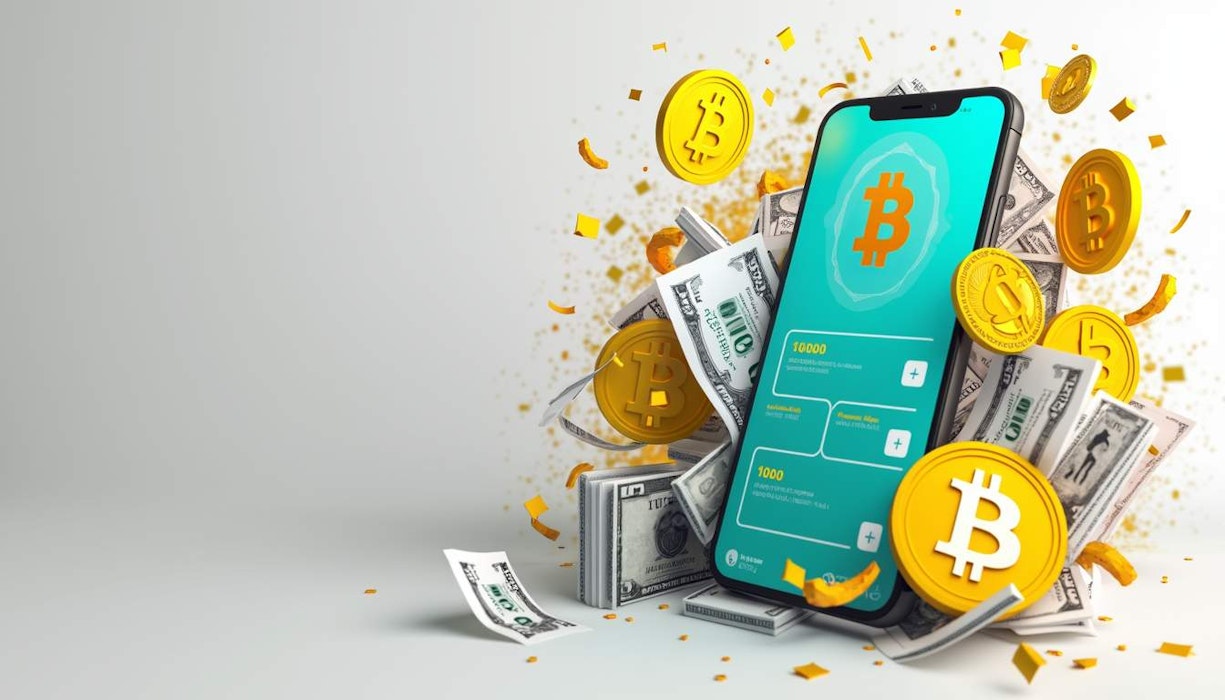The U.S. thinking about making Bitcoin a reserve currency could really shake things up in the financial world. But is it a good thing or bad? We’ve got to weigh the pros and cons, especially with the volatility that comes with crypto.
Bitcoin's Role in National Reserves
If the U.S. goes ahead and makes Bitcoin part of its national reserves, it might just set off a chain reaction. Other countries could follow suit, adopting Bitcoin as a reserve asset. However, this isn't a smooth road.
The Volatility Dilemma
The biggest elephant in the room is Bitcoin's volatility. If the U.S. holds Bitcoin, its value will fluctuate wildly. One day it’s up, the next day it’s down. This could create instability in the fiat currency, which is not really ideal.
Trouble for Monetary Policy
Also, let's not forget that Bitcoin's decentralized nature and fixed supply don't play well with traditional monetary policy. If you're used to adjusting interest rates and controlling the money supply, Bitcoin might throw a wrench in those plans. It could make inflation control and economic stabilization trickier.
Geopolitical Shifts
On the geopolitical front, this could get interesting. Bitcoin could be a way for countries to dodge sanctions. But, it could also threaten the financial clout of giants like the U.S. and China. This could lead to a whole new financial strategy game, with some countries trying to gain independence through Bitcoin. But that could also ratchet up tensions.
A Hedge Against Inflation
But not all doom and gloom. Bitcoin could be a hedge against inflation, especially for countries with shaky monetary policies. It might help diversify reserves and make them more resilient. But, of course, that would require broader acceptance and ways to stabilize Bitcoin's price.
Regulatory Headaches
Now, for Bitcoin to be a player in the reserves game, we need a global regulatory framework. Right now, the rules are all over the place. That makes it hard for central banks to get on board.
Emerging Markets' Woes
Lastly, we can’t ignore the impact on emerging economies. They might struggle with Bitcoin’s volatility and speculative nature. It might complicate their capital flow management.
The Bottom Line
In a nutshell, Bitcoin as a reserve currency is a double-edged sword. It could offer benefits, but the volatility and the lack of monetary policy tools could also be a problem. The future of Bitcoin in this role is uncertain and would require some serious thought and planning to work out the kinks.
